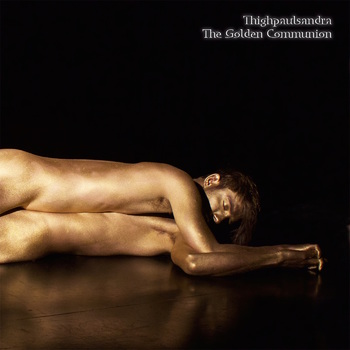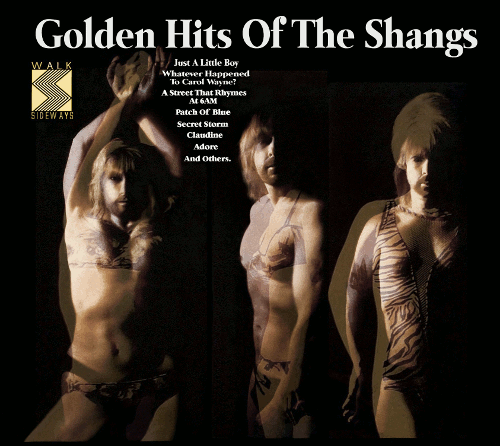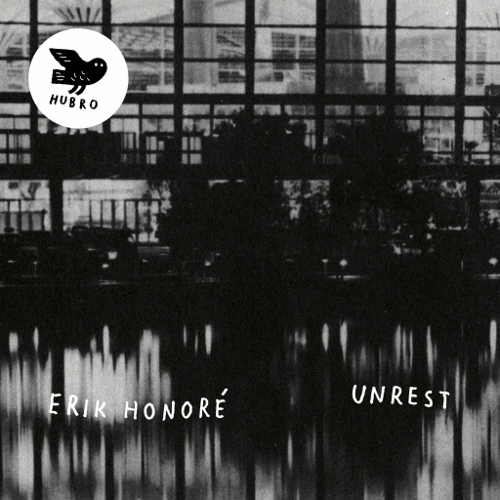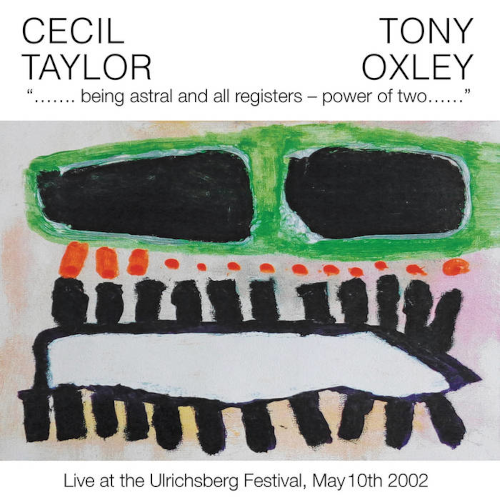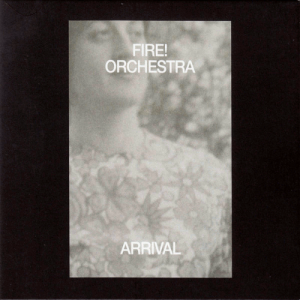 For Fire! Orchestra‘s fourth album for Rune Grammofon, the core group has once again reduced the numbers, this time to a far more manageable fourteen. The introduction of a string quartet (three violins and one cello) still has reed players outnumbering strings, but it doesn’t make for a top-heavy sound at all.
For Fire! Orchestra‘s fourth album for Rune Grammofon, the core group has once again reduced the numbers, this time to a far more manageable fourteen. The introduction of a string quartet (three violins and one cello) still has reed players outnumbering strings, but it doesn’t make for a top-heavy sound at all.
If anything, this line-up adds subtlety to the sound that finds the twin voices of Mariam Wallentin and Sofia Jernberg taking a central role, allowing things to unfold around them as their delicious voices entwine and soar with absolute freedom. There is something about the sound of this group that feels rooted outdoors, particularly the nurturing qualities of woodland, the secretive recesses and un-trodden paths that allow things to be born and to grow at a pace dictated solely by those circumstances.
Opener “(I Am A) Horizon” starts with subtle woodland violin that creeps gently from the speakers, growing gradually more vibrant and sinister until the bass kicks and the track really starts to swing in a kind of post-rock manner, electric piano leading to the eventual arrivals of the two vocalists. Their smooth, persuasive phrasing here takes an almost R&B sort of direction, and at points the voices merge beautifully with barely a cigarette paper to separate them before venturing off into new territory. The string quartet lends a further sweep to the sinuous sound and by contrast, Susanna Santos Silva‘s impish trumpet sounds cheeky and playful. The constant return to a central motif lends continuity to the slow swell until it descends into a wail of saxes and clarinets, totally at odds with what came before.It is hard to believe that this album was recorded in a matter of days as each piece contains enough ideas and directions to fill an album itself. There is a wide variety of sounds on offer here and “Weekends (The Soil Is Calling)”, which was written by Mariam starts off with an old-time jazz feel and the vocalising brings to mind The Andrews Sisters. It has that kind of upbeat swing for which the Thirties and Forties were renowned, and the voices are flying and joyful. Electric piano and bass are the shoulders here as cymbal wash and sax blast suddenly sweeps in a new direction. The sounds of volcanic eruption emerge from the gentility, and caper and cavort until the bass manages to bring things back under control. The beauty here in the length of tracks is that there is room for everybody to make their mark over the course of a naturally unfolding progression.
You can hear the breath moving through the reed on the ominous snake-like crawl of Robbie Basho‘s “Blue Crystal Fire”, such is the peace that oversees their lovely rendition. The feeling of a slowly unfurling woodland spectacle for which ours are the only eyes and ears is writ large here, every note suffused with purpose. The voices are just delightful on the pieces here, but particularly on “Silver Trees”. It is thoughtful and measured, the bass tugging and nagging at the horn. You can hear the keys opening and closing in the near silence, a circling motif eventually appearing, joined by the singers. It is lovely just to sit back and try to pick out where one leaves the other just for a second to another register, sketching and colouring around the landscape of the instruments. A catharsis for the saxes on “Dressed In Smoke, Blown Away” accompanies a stultifying bass line and simple piano. It moves so slowly with instrumental surprises appearing at every turn, like a walk through a deep forest with creatures just out of the eye-line, but causing a raucous racket that is aural only. Incredibly, the voices merge at points with strings and you notice one dissipate as the other takes over. It is like an extraordinary relay as the horns roar and struggle like angry insects; a complete antithesis to the way the strings enfold the voices on the short but sweet “(Beneath) The Edge Of Life”.Final piece is a cover of the Chic classic “At Last I Am Free”, and here things are stripped down to heart-breaking vocal and the first noticeable drone of the album. The addition of a drumbeat lends impetus, but it is a tour de force for the vocalists, buoyed up by a lovely and cushioning string arrangement. It is a lovely way to take a little wind from the sails as the album draws to a close and shows the broad stretch of the group’s palette. The album can move in a surprisingly low-key way at times, but this means that the moments when a blast of joy or drama does arrive, it is all the more enjoyable for that juxtaposition.
I wonder to how many the orchestra will be reduced next time? However it goes, this will be a hard act to follow.
-Mr Olivetti-
